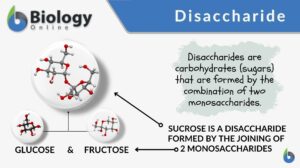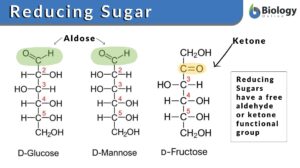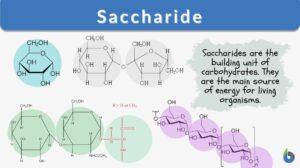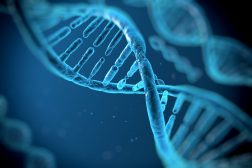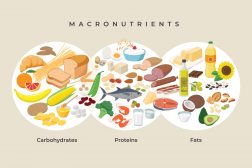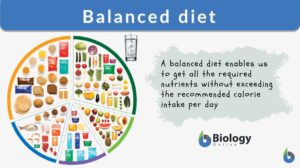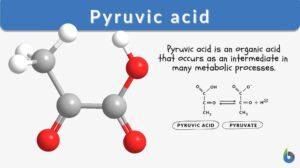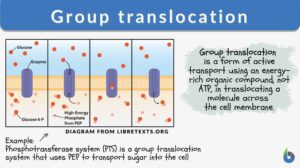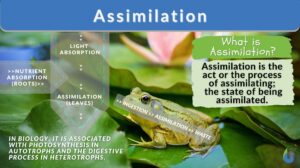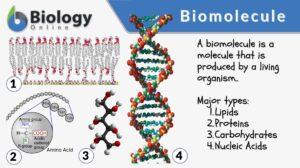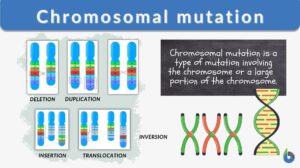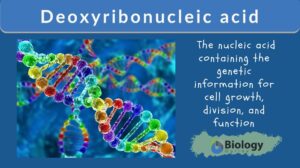Search Results for: lactose
Lactose intolerance
Lactose intolerance a disorder characterised by abdominal cramps and diarrhoea after the consumption of food containing... Read More
Disaccharide
Carbohydrates are organic compounds comprised of carbon, hydrogen, and oxygen, usually in the ratio of 1:2:1. They are one... Read More
Gene Action – Operon Hypothesis
Reviewed by: Mary Anne Clark, Ph.D.Some genes are switched on or off depending on environmental conditions. The... Read More
Human milk oligosaccharide
Definition noun plural: human milk oligosaccharides An oligosaccharide that occurs in high concentrations and exclusively... Read More
Reducing sugar
Reducing Sugar Definition What is reducing sugar? The type of sugar that acts as the reducing agent and can effectively... Read More
Saccharide
Saccharide Definition What is a saccharide molecule? A saccharide is the unit structure of carbohydrates. In biochemistry,... Read More
Lac operon
Lac operon --> lactose operon group of adjacent and coordinately controlled genes concerned with the metabolism of... Read More
Genetic Control – On and Off Genes
Reviewed by: Mary Anne Clark, Ph.D.This lesson looks at the various factors involved that affect growth and... Read More
Digestion and Absorption of Food
The gastrointestinal (GI) system includes the gastrointestinal tract (mouth, pharynx, esophagus, stomach, small intestine,... Read More
Monosaccharide
Monosaccharide Definition In biology and biochemistry, a monosaccharide is a simple sugar that constitutes the building... Read More
A Balanced Diet – Carbohydrates and Fat
Alongside the numerous vitamins that are required as part of a healthy diet, we must also eat food containing a variety of... Read More
Carbohydrate
Carbohydrate Definition A biomolecule refers to any molecule that is produced by living organisms. As such, most of them... Read More
Balanced diet
What is a balanced diet? What is the definition of a balanced diet? A nutritionally balanced diet fulfills all nutritional... Read More
Pyruvic acid
What is Pyruvic Acid? Pyruvic acid is an organic acid that occurs as an intermediate in many metabolic processes. It occurs... Read More
Lactosuria
Lactosuria excretion of lactose (milk sugar) in the urine; a common finding during pregnancy and lactation, and in the... Read More
Polypeptide
Polypeptide Definition Biology What are polypeptides? A polypeptide is defined as a polymer of amino acids joined together... Read More
Disruptive Selection
An evolutionary process known as disruptive selection (or disruptive natural selection) causes a population to become... Read More
Dehydration reaction
What is dehydration synthesis? A dehydration reaction is a form of biochemical reaction wherein a water molecule is lost or... Read More
Group translocation
Group Translocation Definition Just like your “home” is a private place where you and your comfort are maintained due... Read More
Assimilation
Assimilation Definition What is assimilation? Assimilation in biology is defined as the process in which living organisms... Read More
Galacto-oligosaccharide
Definition noun plural: galacto-oligosaccharides ga·lac·to·ol·i·go·sac·cha·ride An oligosaccharide made up of... Read More
Biomolecule
A molecule is an electrically neutral, group of atoms that can exist alone in a free state while its characteristic... Read More
Chromosomal mutation
Every living thing is made up of DNA. Our DNA is what makes us unique and different in the world. Our DNA is made up of... Read More
Chemical Composition of the Body
In order to fully understand the mechanisms of human physiology, it is important to have an understanding of the chemical... Read More
Anaerobic respiration
Anaerobic Respiration Definition What is anaerobic respiration? Anaerobic (cellular) respiration is a respiratory process... Read More
Deoxyribonucleic acid
Deoxyribonucleic Acid (DNA) Definition A nucleic acid refers to any of the group of complex compounds made up of linear... Read More
Lactobacillus casei
Definition noun A non-pathogenic and harmless bacterium recognized widely as probiotics that controls growth of various... Read More
Glycosidase
Definition noun, plural: glycosidases (biochemistry) An enzyme catalyzing the hydrolysis of a... Read More
Uridine monophosphate
Definition noun plural: uridine monophosphates (biochemistry) A nucleotide composed of uracil, ribose and a phosphate... Read More

